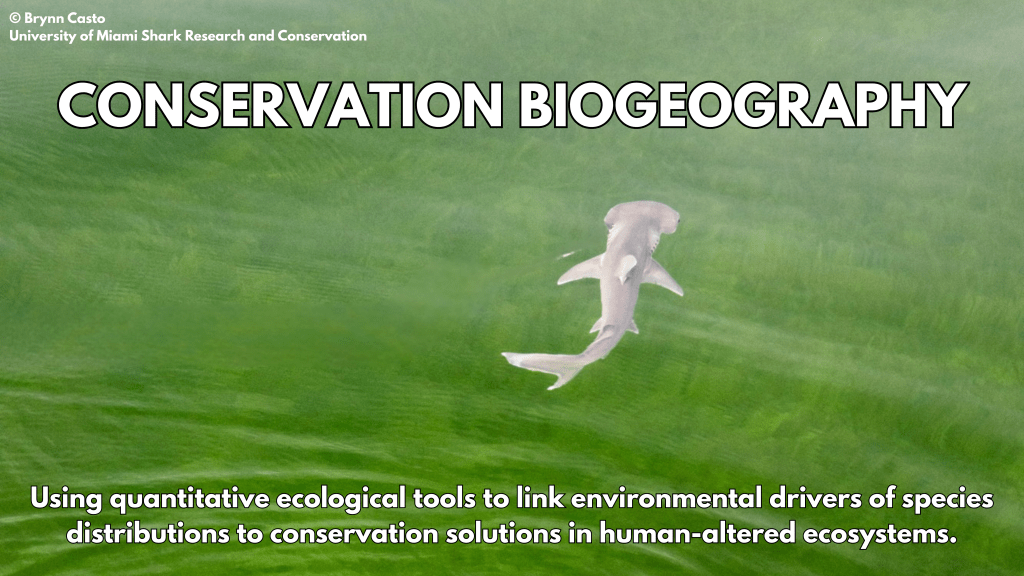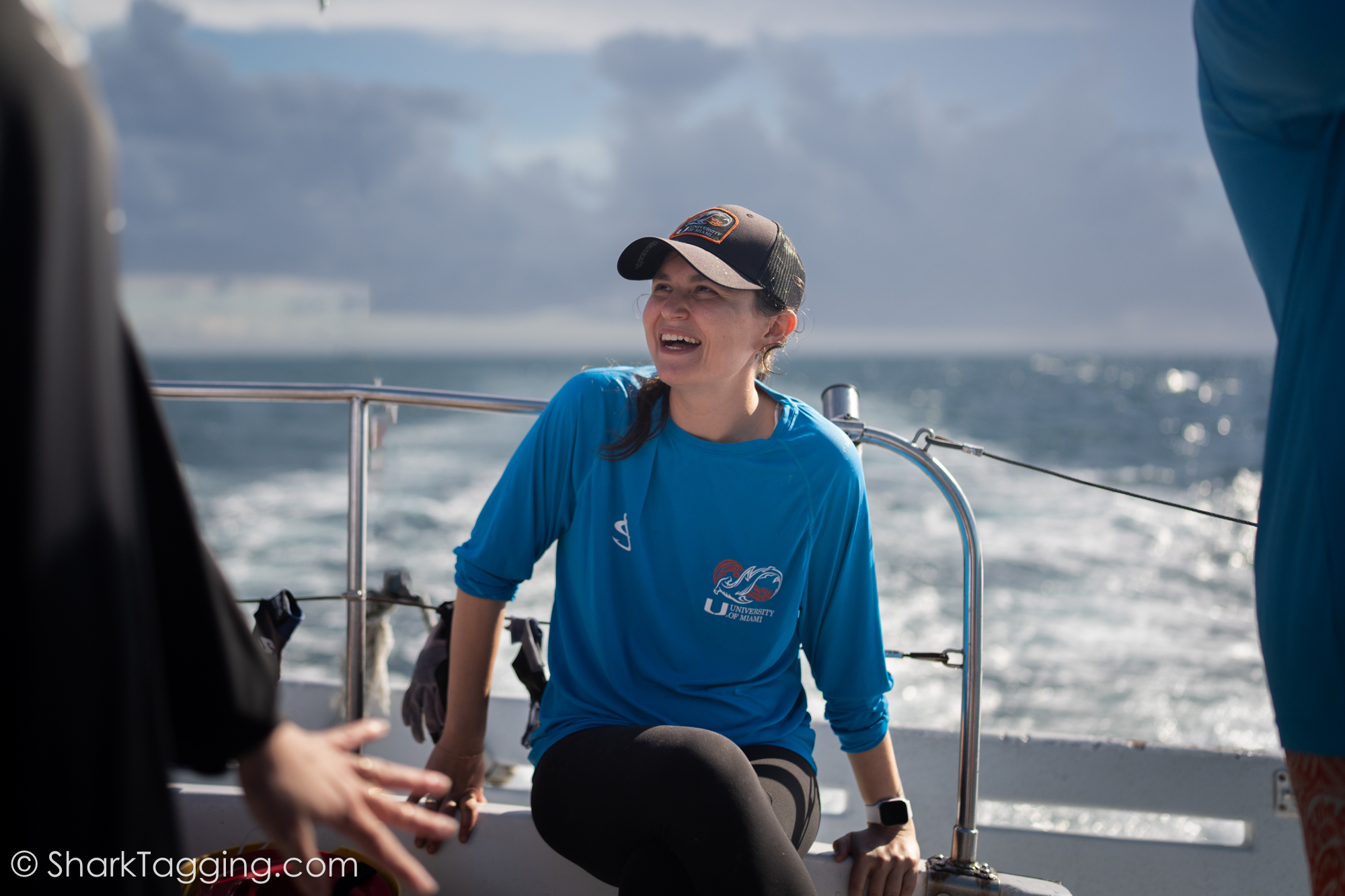


I’m a conservation biologist specializing in marine ecosystems, with a focus on marine megafauna. My research investigates the ecology, behavior, and conservation of these species in our rapidly changing oceans. I’m dedicated to solving complex environmental challenges through interdisciplinary science and innovative, quantitative approaches.
Stay up to date with my latest work by downloading my most recent CV here. I am a PhD student at the University of Miami advised by Dr. Chris Searcy and Dr. Catherine Macdonald. I am a National Geographic Society Explorer and a Simons Foundation Graduate Fellow in Ecology and Evolution, recognitions that support my research at the intersection of ecology, emerging technology, and conservation practice.
In addition to research, I’m passionate about applying science to conservation policy. As the Operations and Development Manager at the Everglades Law Center, I contribute to initiatives that protect Florida’s natural habitats and wildlife.